What to Eat Before Running: The Complete Nutritional Guide
What to Eat Before Running: The Complete Nutritional Guide
Choosing the right meals and snacks before a run can significantly impact your performance and energy levels. Foods high in complex carbohydrates and low in fat and fiber are ideal to maintain optimal levels of energy during your run. For instance, a baked potato, grilled chicken, or a banana paired with low-fat cottage cheese can provide the necessary fuel without causing stomach cramps.
However, certain foods should be avoided to prevent discomfort and sluggishness. High-fat foods, especially fried foods, can slow down your digestive system, making running uncomfortable. It's also crucial to identify personal trigger foods that can cause issues such as stomach cramps or digestive upset before a race.

Finally, timing plays a critical role in pre-run nutrition. Meals should be consumed with enough time for the body to digest and convert food into energy. A scrambled egg whites with a tablespoon of honey or a healthy snack option can offer a quick energy boost without weighing you down. Remember, the goal is to feel energized, not full, ensuring your energy levels are sustained throughout your run.
Pre-Run Nutrition: Setting the Foundation
To avoid stomach issues and ensure you're fueled and ready to go, it's essential to focus on pre-run nutrition. This foundation helps you start your run feeling energized and capable of reaching your goals, whether it's improving speed, endurance, or overall health.
The Importance of Pre-Run Meals
Pre-run meals play a crucial role in how you perform during your run. They help in maintaining energy levels and prevent mid-run fatigue. A well-chosen meal before your run can make a significant difference in your comfort and stamina.
A bowl of oatmeal is a perfect example of an effective pre-run meal. It provides complex carbohydrates for sustained energy without being too heavy. Pairing this with a balance of proteins and healthy fats can further optimize your performance, ensuring you have the fuel needed to achieve your running goals.
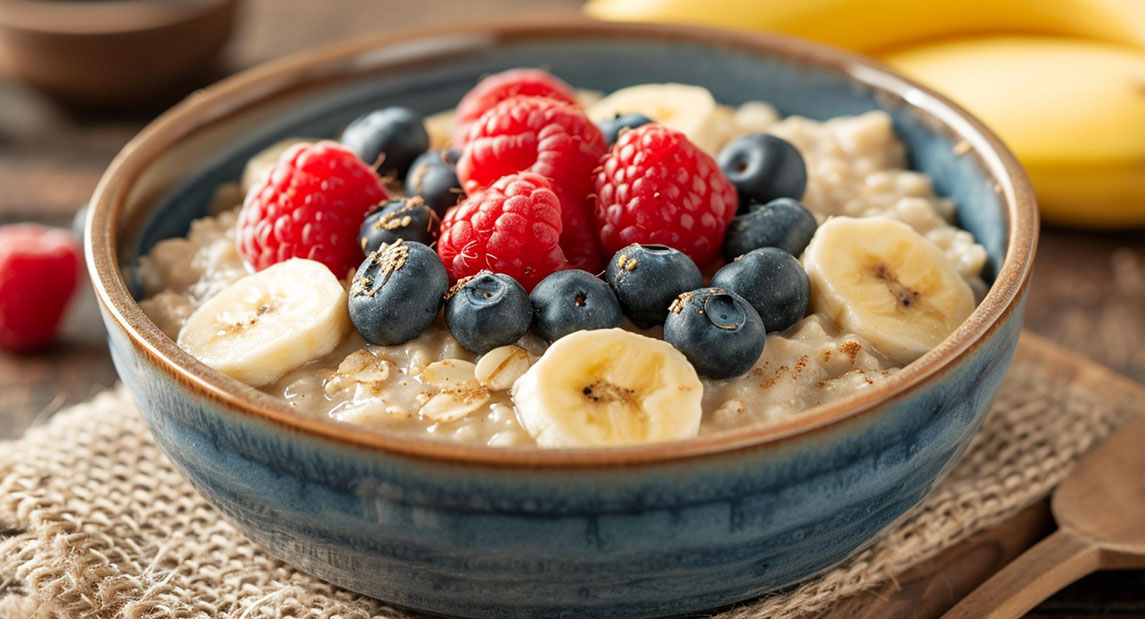
Timing Your Pre-Run Meals
The timing of your pre-run meals is as important as what you eat. Eating too close to your run can lead to discomfort, while eating too early might leave you short on energy. Your digestive system needs time to process food, turning it into energy that fuels your training runs.
Avoiding heavy or fried foods before running is crucial since they can slow down digestion and lead to discomfort. Ideally, a meal should be consumed 2-3 hours before running, allowing ample time for digestion and energy conversion. This approach helps in maintaining comfort and energy levels during your run.
Optimal Foods to Fuel Your Run
Fueling your run requires a careful balance of nutrients to maintain energy levels. Carbohydrate intake is essential for energy, but incorporating healthy fats into your meals can also provide sustained fuel. For snacks, choosing options that are easy to digest and rich in nutrients can keep your energy levels at their peak without weighing you down.
Finding healthy snack options that complement your energy needs without causing digestive discomfort is key. Foods like bananas or a small serving of nuts can offer a quick energy boost while providing the necessary nutrients to fuel your run efficiently.
Complex Carbohydrates: The Runner's Powerhouse
Complex carbs are essential for runners as they provide a steady release of energy throughout training runs. These nutrients are slowly digested, ensuring a consistent energy supply and preventing spikes and crashes in blood sugar levels.
Incorporating complex carbohydrates into your diet, such as whole grains, vegetables, and legumes, can significantly improve your running performance. These foods ensure your body has the energy it needs to sustain prolonged physical activity, making them an indispensable part of a runner's diet.
Energy Gels: Quick Energy Boosters for Runners
For runners needing a quick energy boost, energy gels can be a convenient option. They are designed to be easily digestible, providing a rapid supply of energy without the bulk of whole foods.
While not a substitute for a balanced pre-run meal, energy gels can complement your nutrition strategy, especially for long-distance runs where maintaining glycogen levels is crucial. They can be consumed as a light snack before or during a run to help sustain energy levels and performance.
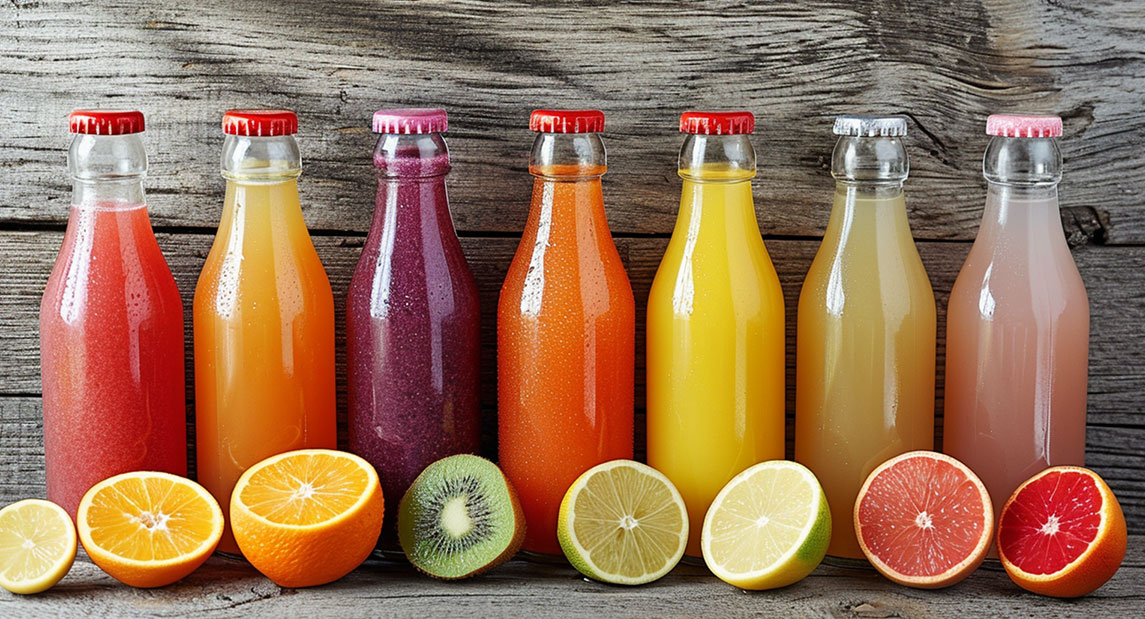
Pre-Run Meal Strategies for Different Times of Day
Adapting your pre-run meals based on the time of day can help optimize your energy levels and performance. Understanding how your digestive system works in relation to training runs can guide you in choosing the right foods to fuel your body effectively, regardless of when you choose to run.
Morning Runs: What to Eat for an Energized Start
Starting your day with a run requires a careful selection of foods that can kickstart your energy levels without weighing you down. It's important to choose meals that can be quickly digested and utilized for fuel.
The Early Riser Breakfast Options
For early risers, a light yet energizing breakfast is key. A banana is an excellent choice, providing quick carbohydrates for immediate energy and potassium to support muscle function. Pairing it with a small portion of protein can help sustain energy levels throughout your run.
For Those Straight Out of Bed: Quick Energy Fixes
If you're heading out for a run shortly after waking up, opting for a light snack can provide the necessary boost without causing digestive discomfort. A small serving of easily digestible carbs, like a piece of fruit or a few crackers, can give you just enough energy to start your run on the right foot.
Afternoon and Evening Runs: Maintaining Steady Energy Levels
For those aiming for afternoon or evening runs, picking foods that are light on the stomach yet provide convenient energy is crucial. Gummy bears, surprising to some, can act as a quick source of energy without weighing down your digestive system. This approach ensures you maintain steady energy levels without feeling sluggish or overly full, allowing for a more enjoyable and effective run.

Tailoring Your Meals for Various Running Goals
Before a race, it's essential to avoid high-fat foods that can lead to stomach cramps and choose meals and snacks that sustain energy at optimal levels. Options like grilled chicken, low-fat cottage cheese, a baked potato, or scrambled egg whites with a tablespoon of honey are ideal. These foods provide the necessary nutrients without the risk of digestive issues caused by the wrong foods, keeping distance runners fueled and ready.
Foods to Eat Before Running a 5K
Before tackling a 5K, the source of energy you choose can significantly impact your performance. Energy gels offer a rapid energy boost, while avoiding spicy foods can prevent digestive discomfort, ensuring you're in top condition at the starting line. It's also wise to eat a meal that supports energy without overburdening your stomach, keeping you light and focused.
To build muscle and enhance stamina, incorporating protein and carbohydrates in your pre-run meal is beneficial. This balance helps in muscle recovery and provides a steady energy source, allowing you to push through the 5K with confidence and strength.
Preparing for Longer Distances: 10K to Marathons
When training for distances from 10K to marathons, nutrition becomes a cornerstone of your preparation. The food you eat before running should support prolonged energy release, helping endurance athletes maintain their pace and stamina throughout the race. A mix of complex carbohydrates and proteins can provide this sustained energy, aiding in achieving personal bests and completing races successfully.
Hydration also plays a critical role in preparation for longer distances. Ensuring you're well-hydrated in the days leading up to the race complements your nutritional efforts, keeping your body in peak condition for the challenges ahead.
What to Eat Before a Half Marathon
The meal before running a half marathon should cater to the needs of endurance athletes, focusing on carbohydrates for energy and proteins for muscle repair. A balanced meal the night before, followed by a light, energizing breakfast, sets the stage for a successful run. Foods like oatmeal, bananas, and toast with peanut butter provide the fuel needed without overloading the stomach.
Additionally, staying hydrated and considering a small, easily digestible snack, such as a banana or an energy gel, immediately before the race can offer that last-minute energy boost required to start the race on a high note.
Marathon Nutrition Strategy
For marathon runners, the nutrition strategy encompasses more than just the pre-race meal. It includes a diet rich in carbohydrates and proteins weeks before the event, ensuring the body's glycogen stores are fully stocked. The night before the marathon, a meal high in complex carbohydrates, moderate in protein, and low in fat and fiber ensures you're fueled without risking digestive upset.
On race day, a light breakfast of familiar, easily digestible foods can provide the final energy boost needed. Combining solid foods with hydration strategies ensures marathon runners are well-prepared to face the physical and mental demands of the race, ultimately achieving their goals with strength and endurance.

Weight Loss Goals: Choosing the Right Pre-Run Meals
For runners aiming to lose weight, selecting the right pre-run meals is crucial. A bowl of oatmeal stands out as an excellent choice due to its slow-releasing energy, keeping you full and energised for longer periods. Incorporating a meal before running should focus on low-calorie but nutrient-dense foods to avoid consuming more calories than you burn.
It’s important to balance your meal's macronutrients to support weight loss goals. Lean proteins and complex carbohydrates should be the cornerstone of your pre-run meal, providing sustained energy without the excess calories. Avoiding high-sugar options will prevent sudden spikes in blood sugar, helping with longer, more effective workout sessions.
What Not to Eat Before Running
Knowing what not to eat is as critical as knowing what to eat pre-run. Foods high in fat and fiber should be avoided as they can cause stomach issues and slow you down. Instead of reaching for a baked potato or high-fiber foods, choose easily digestible carbs like a bagel with peanut butter or energy balls. These options help maintain stable blood sugar levels, essential for endurance and performance. Remember, timing is key; eating your snack or small meal 60 to 90 minutes before your run allows for proper digestion and fueling.
Foods That Can Sabotage Your Run
Some foods, despite being healthy, can sabotage your run if eaten too close to exercise. High carbohydrate intake, when not balanced with other nutrients, can lead to quick spikes in energy followed by a crash. Similarly, while healthy fats are important, they take longer to digest and can cause discomfort. Even healthy snack options like Greek yoghurt and granola might be too heavy if consumed right before a run.
Identifying Personal Trigger Foods
Finding out which foods work best for you involves some trial and error. A medium-sized snack that sits well with one runner might cause issues for another. Start by keeping your pre-run meals simple, and gradually introduce new foods to see how your body reacts. This personalized approach ensures you fuel effectively without compromising on comfort or performance.
Hydration: An Integral Part of Pre-Run Nutrition
Hydration plays a crucial role in pre-run nutrition, preventing stomach issues and ensuring optimal performance. Drinking the right amount of fluids before running helps maintain blood volume and allows for proper sweat rate, which is vital for body temperature regulation during exercise. It's not just about water; incorporating electrolytes can also prevent imbalances that might lead to cramping.
Before You Run: Hydration Tips
Including energy bars or a high-carb snack alongside energy drinks in your nutrition plan can significantly impact your hydration status. These options help retain fluids and provide a quick energy boost, crucial for longer runs. However, it's important to balance solid food intake with liquids to prevent any gastrointestinal discomfort.
How Much to Drink Before Running
While individual needs vary, aiming to consume fluids that are low in fat and fiber 2 to 3 hours before running can help optimize hydration without causing stomach issues. This approach allows sufficient time for fluids to be absorbed, ensuring you're well-hydrated but not uncomfortably full. Adjusting this based on weather conditions and sweat rate is also essential for maintaining performance.
Special Considerations for Race Day Nutrition
Race day nutrition requires special attention to detail. Following nutrition tips that cater to your specific needs can make a significant difference in your performance. It's about finding the right balance of carbs, proteins, and hydration to fuel your race without overloading your stomach. A well-planned nutrition strategy minimizes the risk of gastrointestinal issues, allowing you to focus on achieving your best time.
Pre-Race Meal Planning
Preparing your pre-race meal involves considering both the timing and composition of what you eat. It's crucial to choose foods that you're already familiar with to avoid any surprises on race day. Opting for easily digestible carbs with a moderate amount of protein and low fat can help ensure sustained energy release throughout your race.
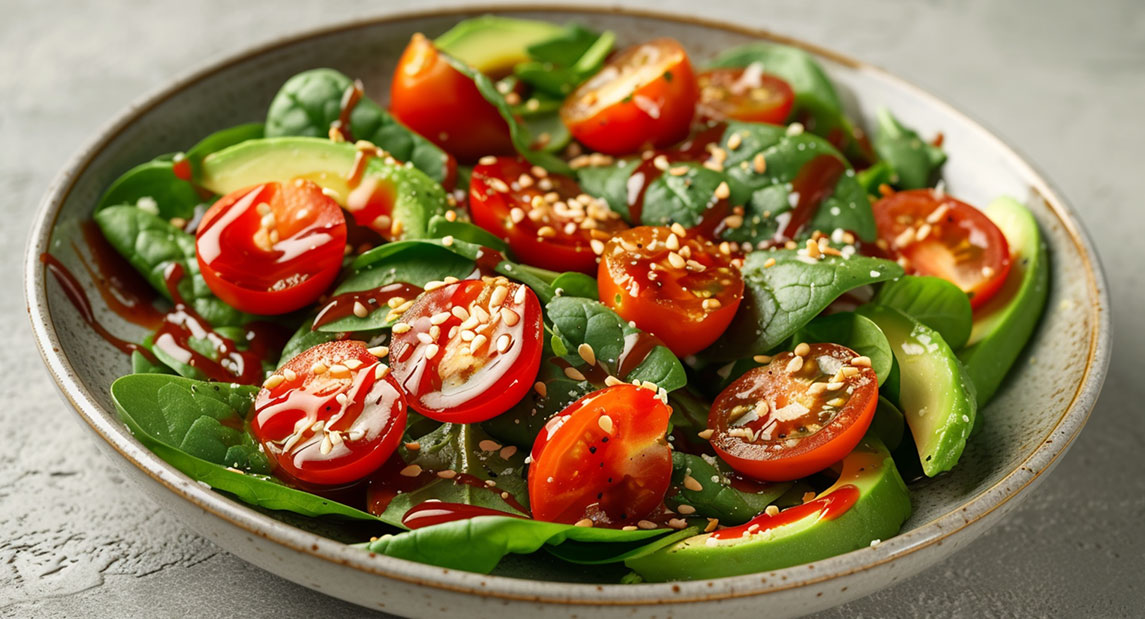
What to Eat the Night Before a Long Run or Race
The night before a long run or race is a key time for carb-loading to ensure your glycogen stores are fully stocked. Opt for a meal rich in complex carbohydrates, like pasta or rice, with a moderate portion of lean protein to aid muscle repair. Avoiding spicy and high-fiber foods can help prevent digestive issues during your run.
Hydration is also a critical factor the night before. Drinking water throughout the evening will ensure you start your race well-hydrated. However, it's important to balance your fluid intake to avoid frequent bathroom breaks during the night, which can disrupt your sleep and affect your performance.
Wrapping Up: The Runner's Guide to Pre-Run Nutrition
Pre-run nutrition is a delicate balance that can significantly impact your running performance. Ensuring you consume the right amount of calories before running and that these calories are stored in the muscles as glycogen is crucial. However, it's equally important to avoid foods that can cause stomach issues, which can hinder your ability to run effectively. Tailoring your diet to meet your specific needs will help you achieve your running goals.
Final Suggestions for Your Pre-Run Meal Plan
For runners who find it challenging to eat close to running, experimenting with a solution like consuming a dab of protein to stave off hunger can be beneficial. Eating within minutes of running might not suit everyone, making it highly individual. Incorporating carbs per hour spaced out for runs lasting longer than 90 minutes and sticking with a light snack or meal can help optimize digestion and absorption, ensuring you're fueled for the journey ahead.
Conducting Your Own Nutritional Experiment
Developing an effective training nutrition plan involves conducting your own nutritional experiment. Start by keeping a detailed record of what you eat and how it affects your performance. Adjust your intake based on these observations, focusing on what improves your energy levels and what causes digestive discomfort. Over time, you'll identify the perfect pre-run meal that maximizes your running potential while keeping stomach issues at bay.


 Español
Español Deutsch
Deutsch English GB
English GB
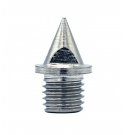


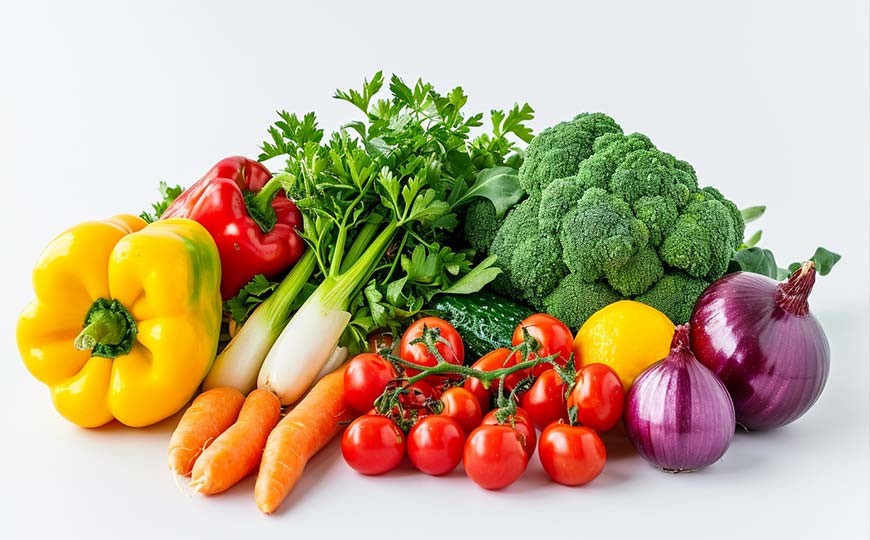
Leave a Reply Cancel Reply